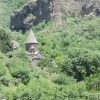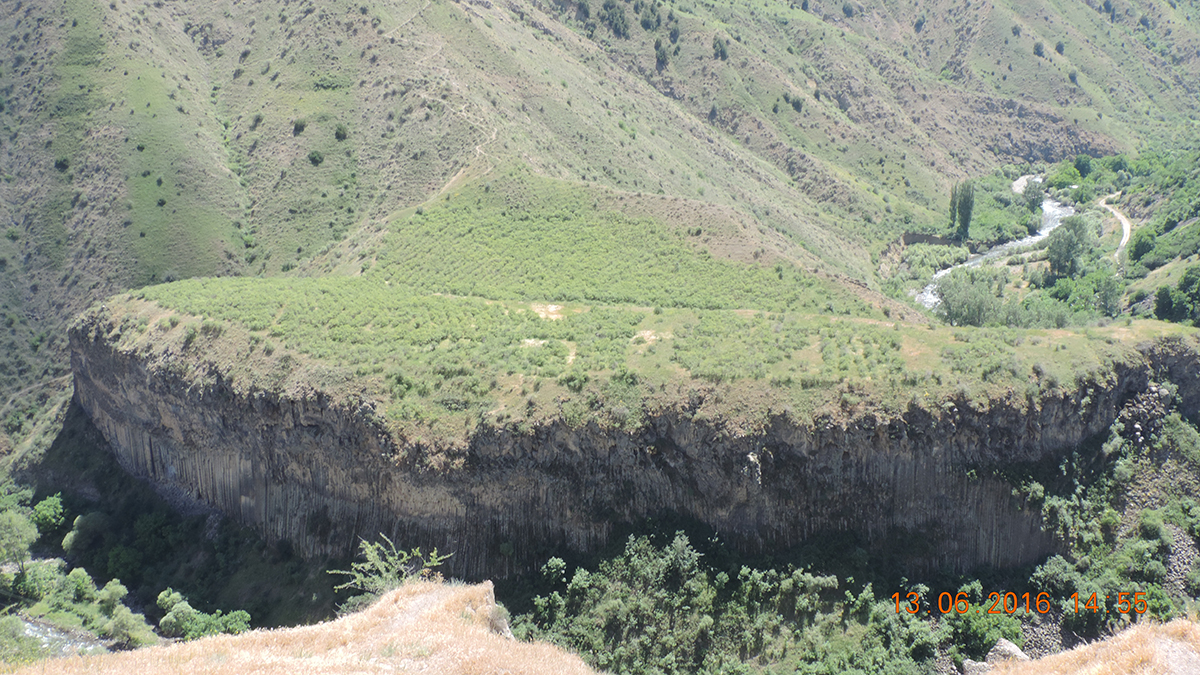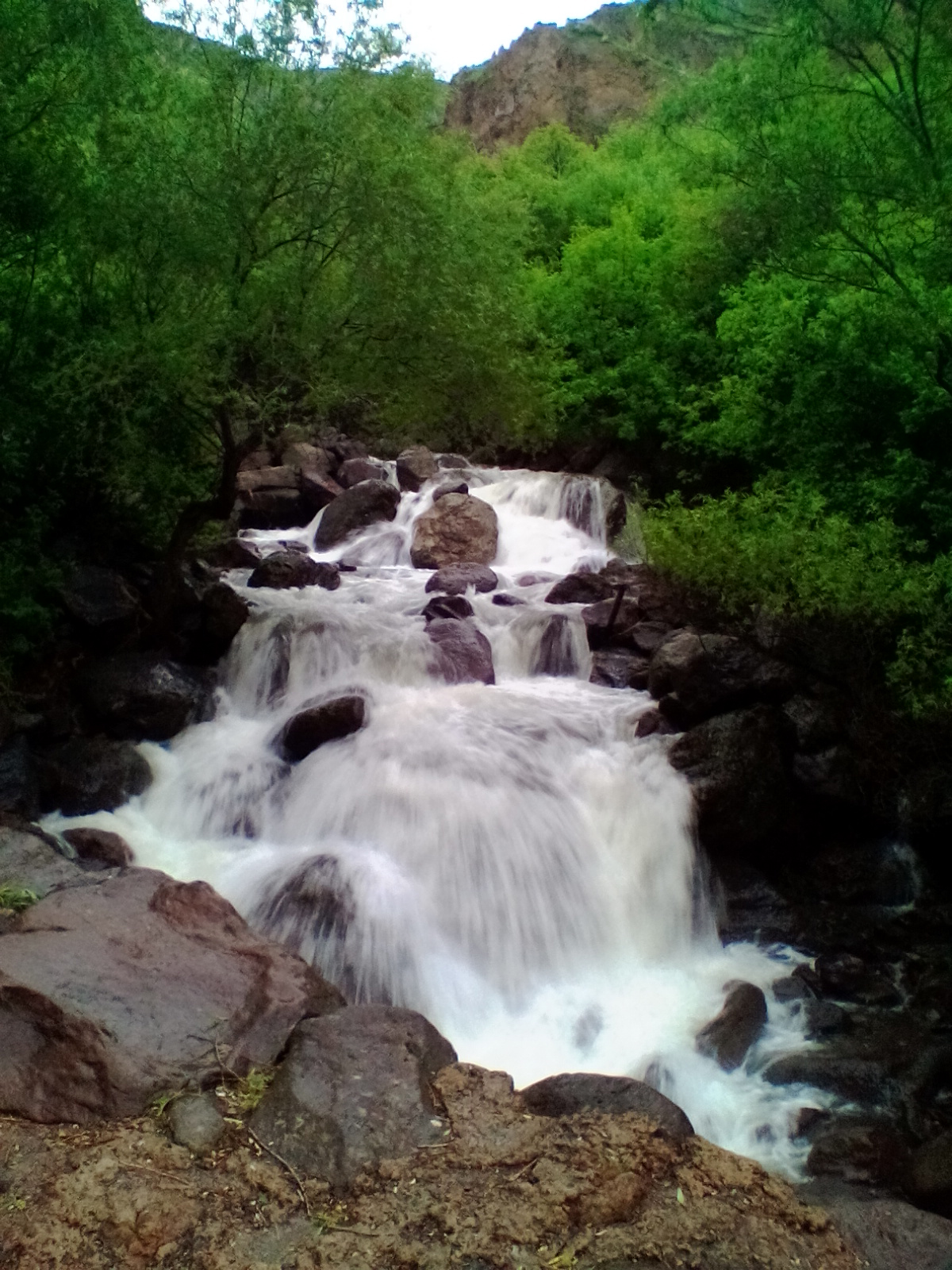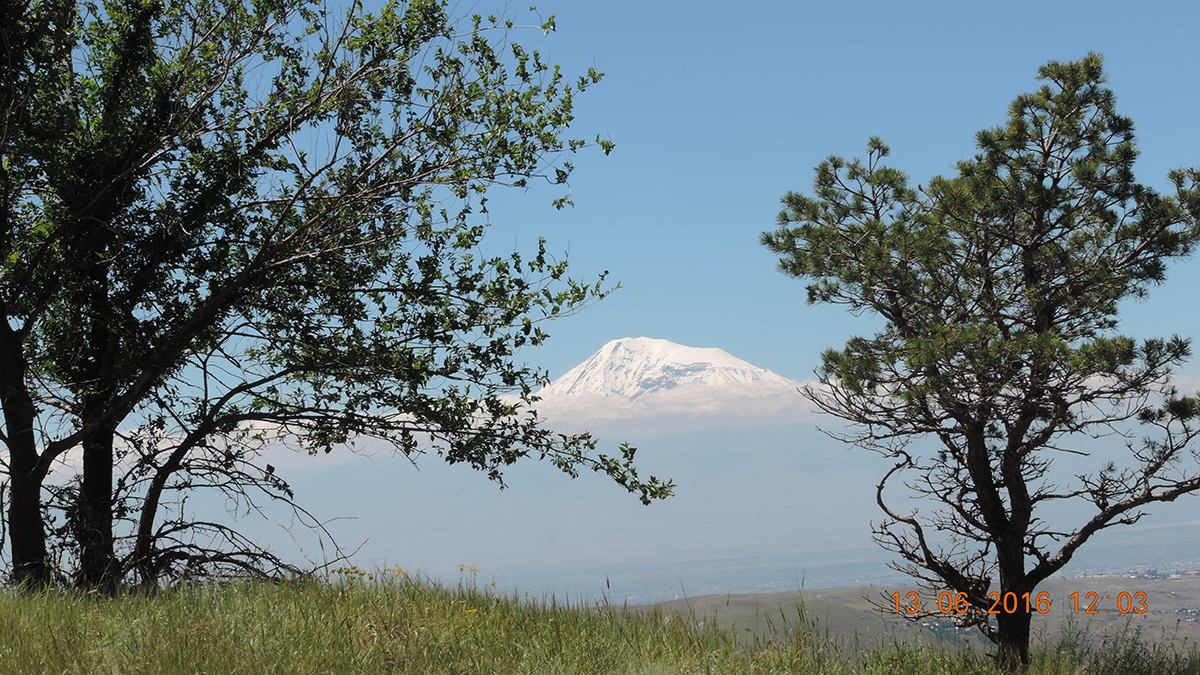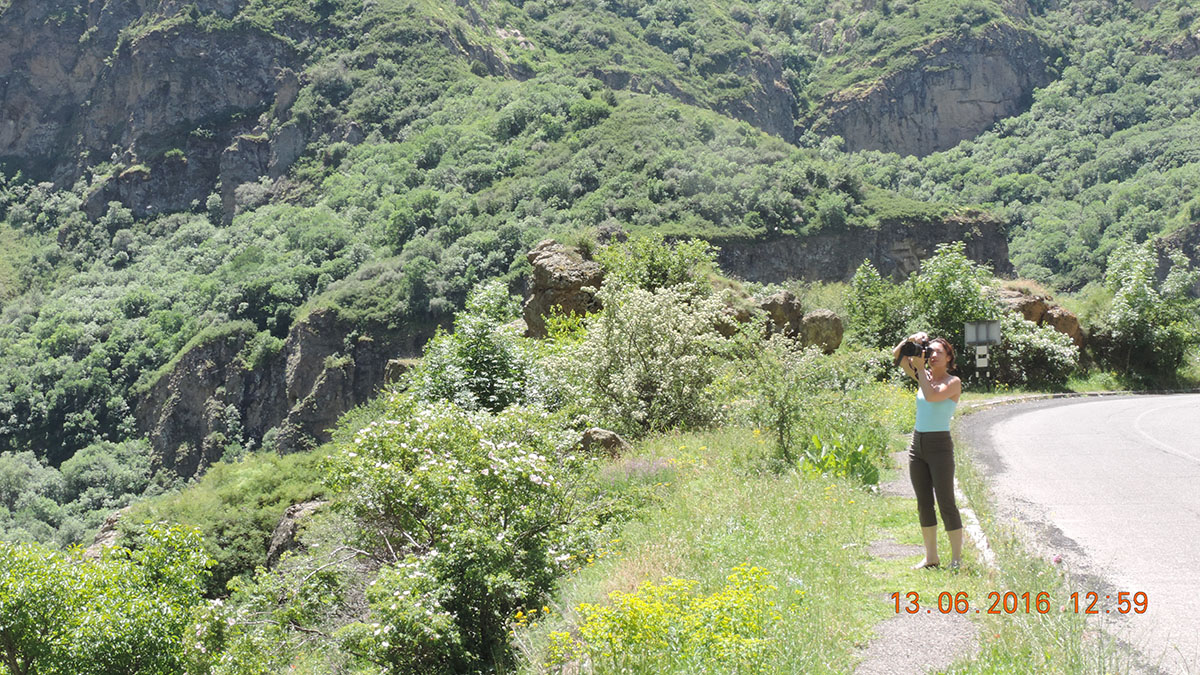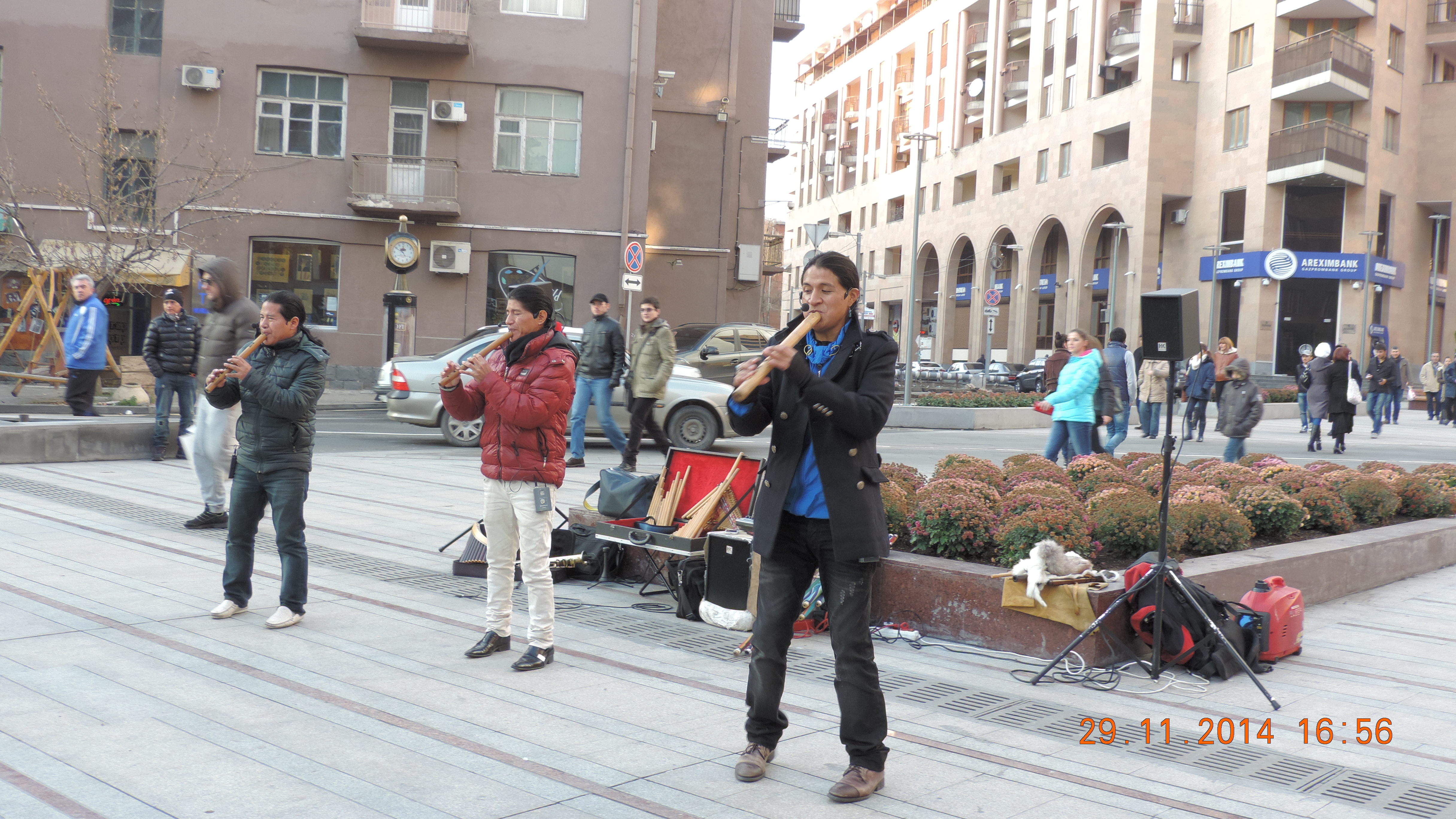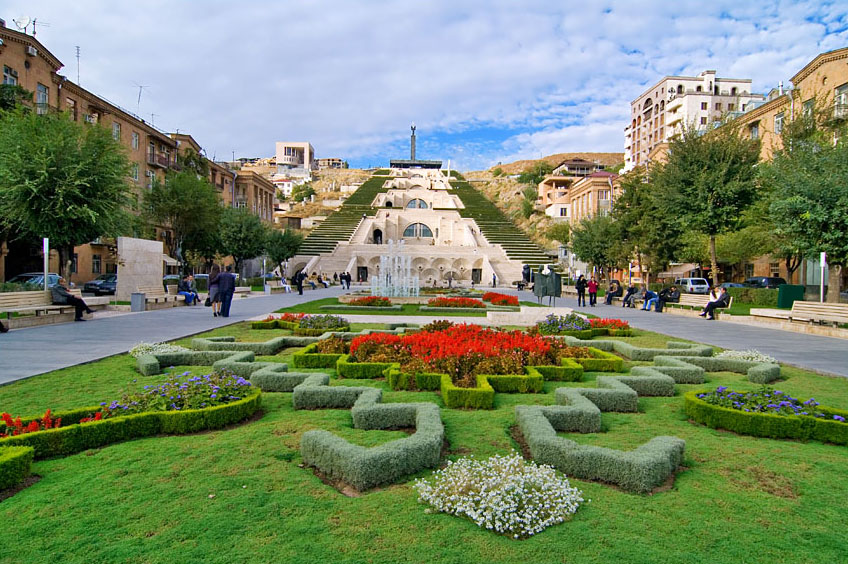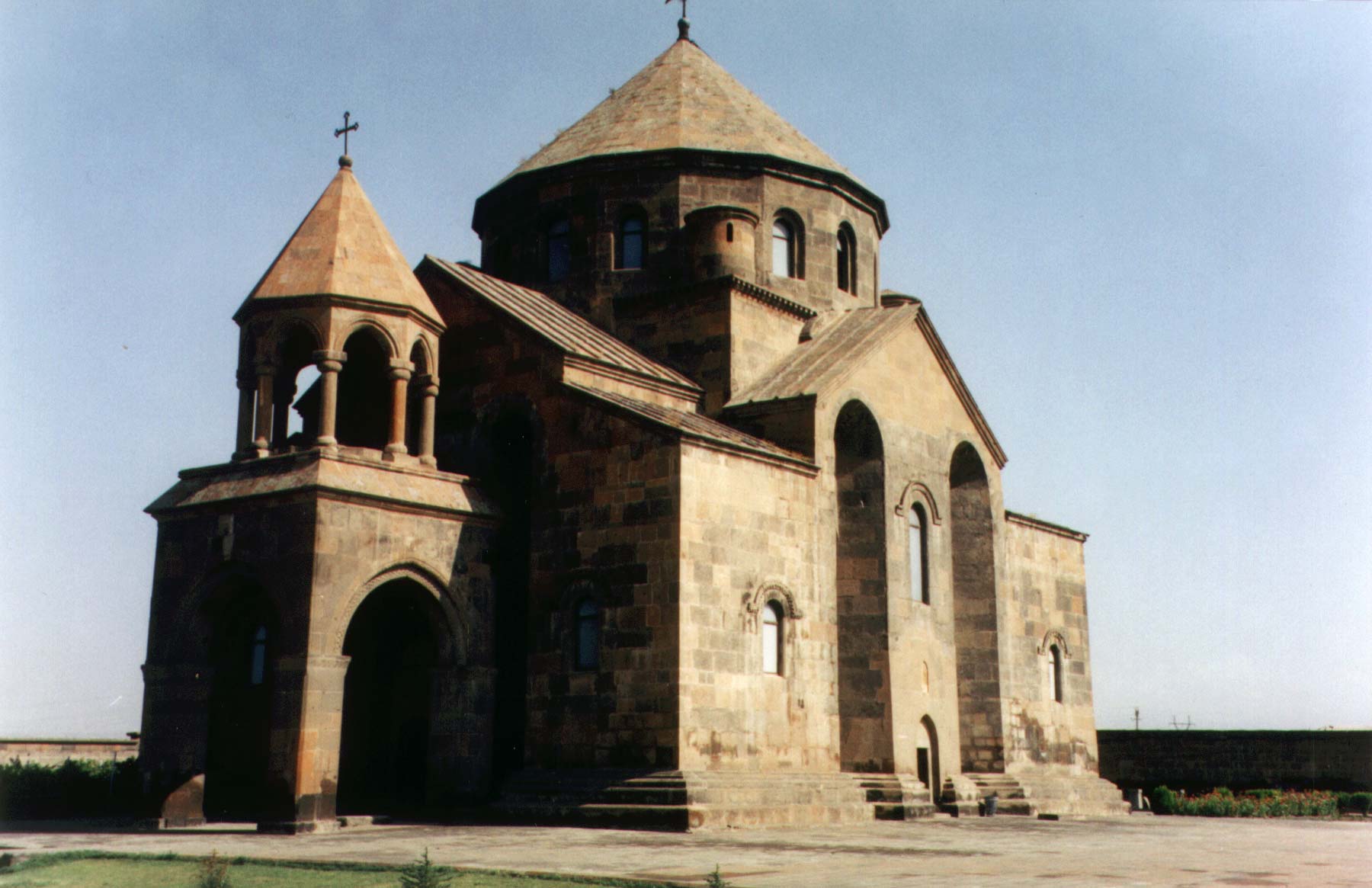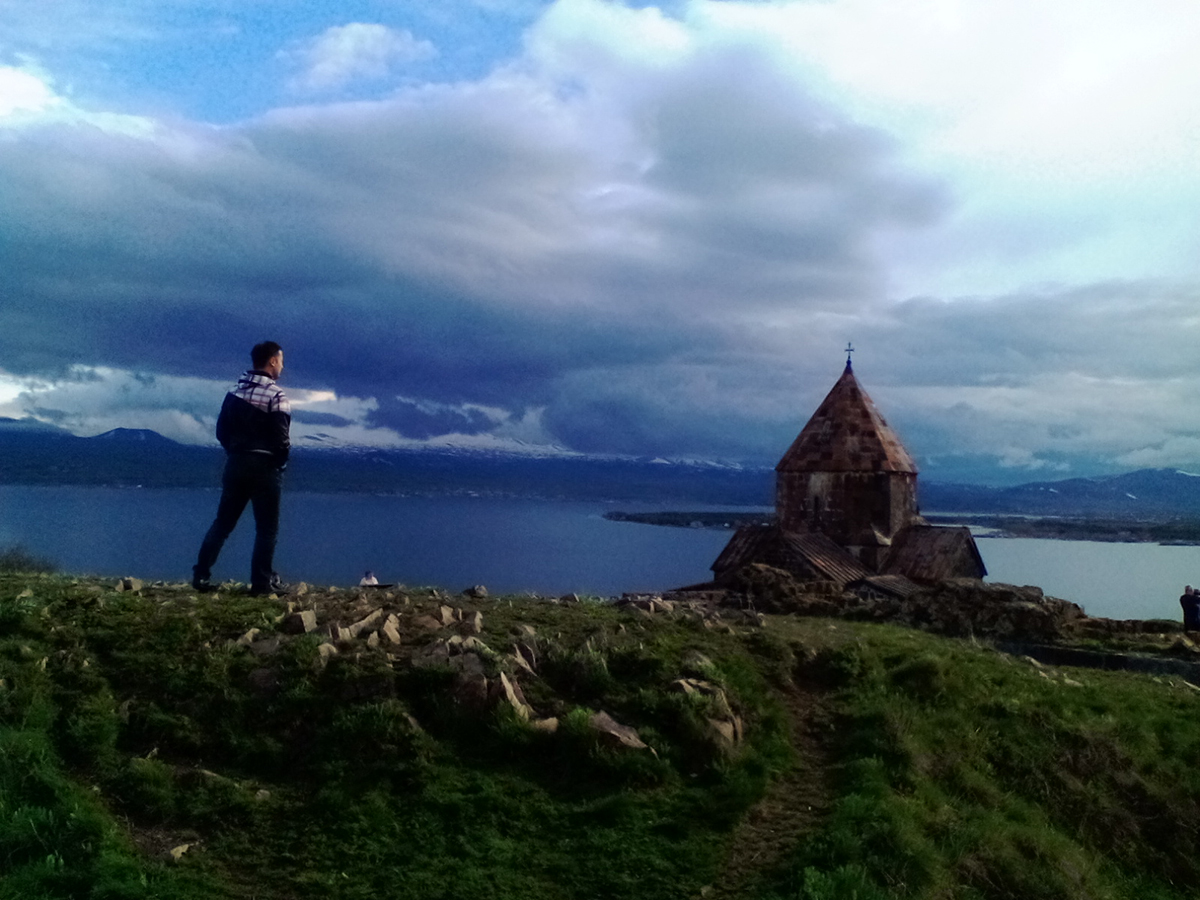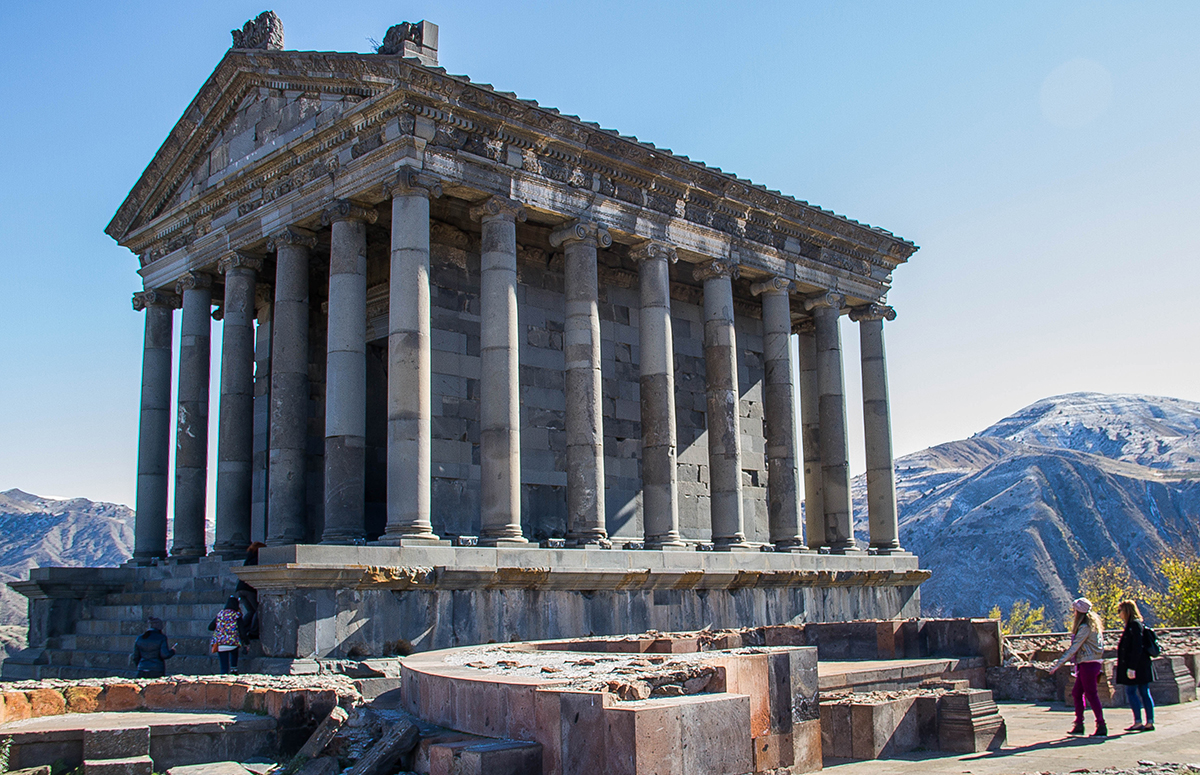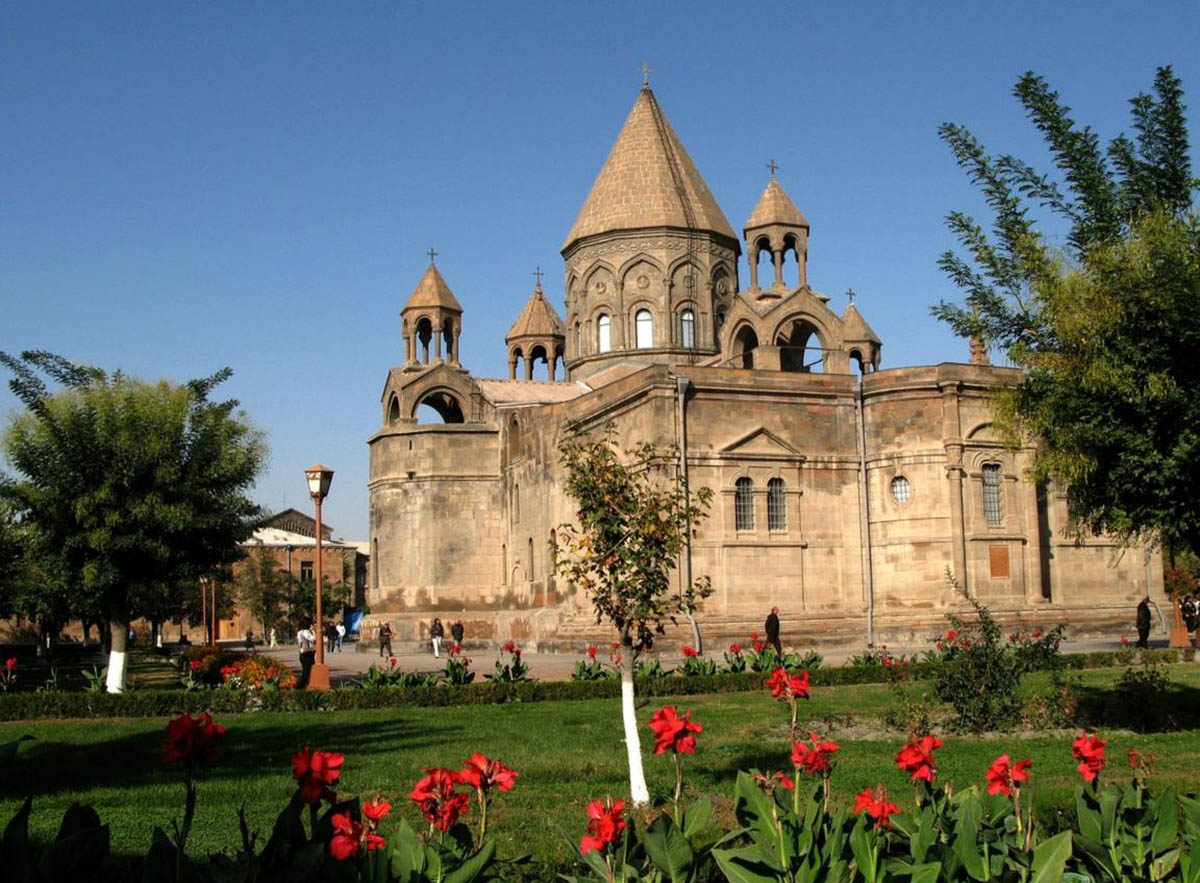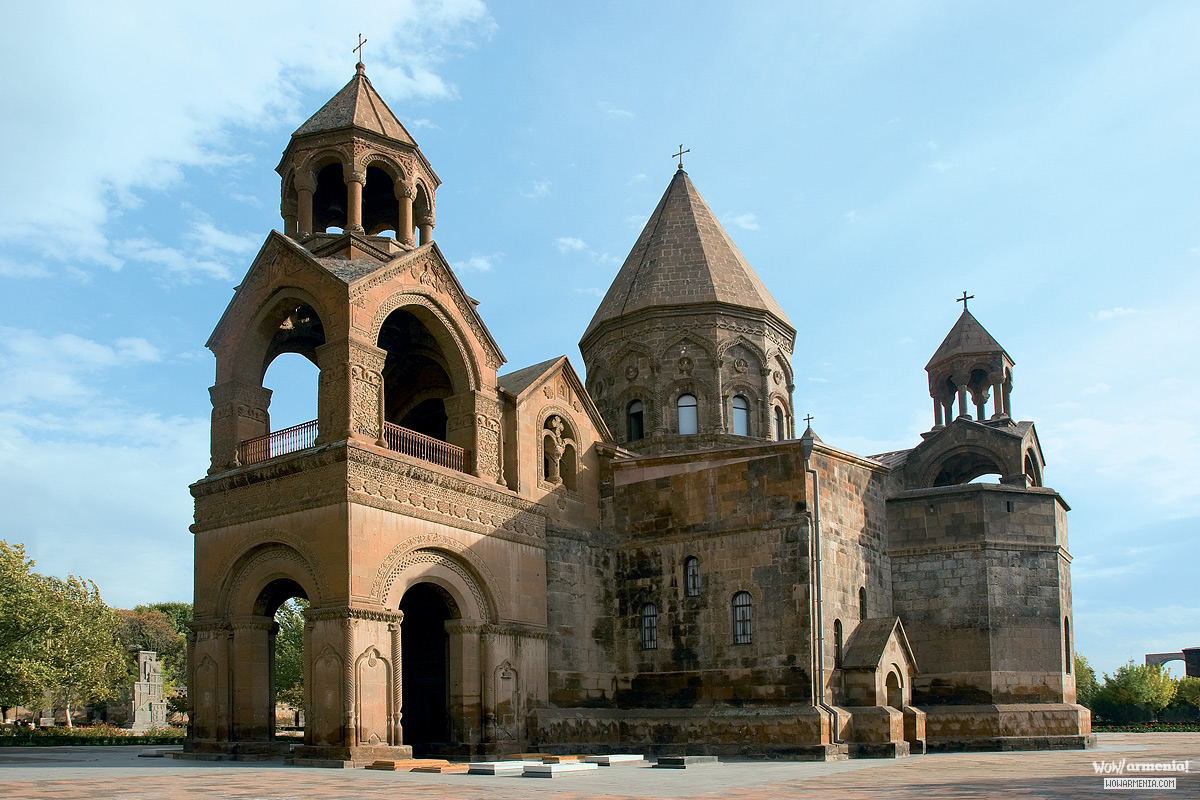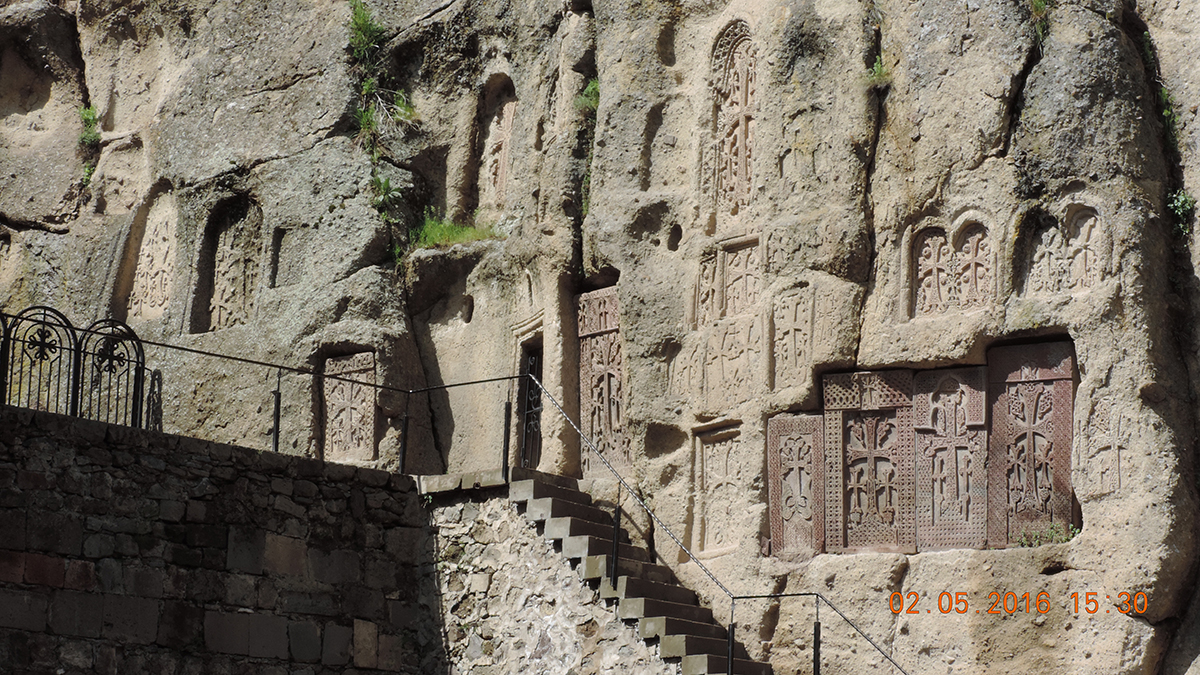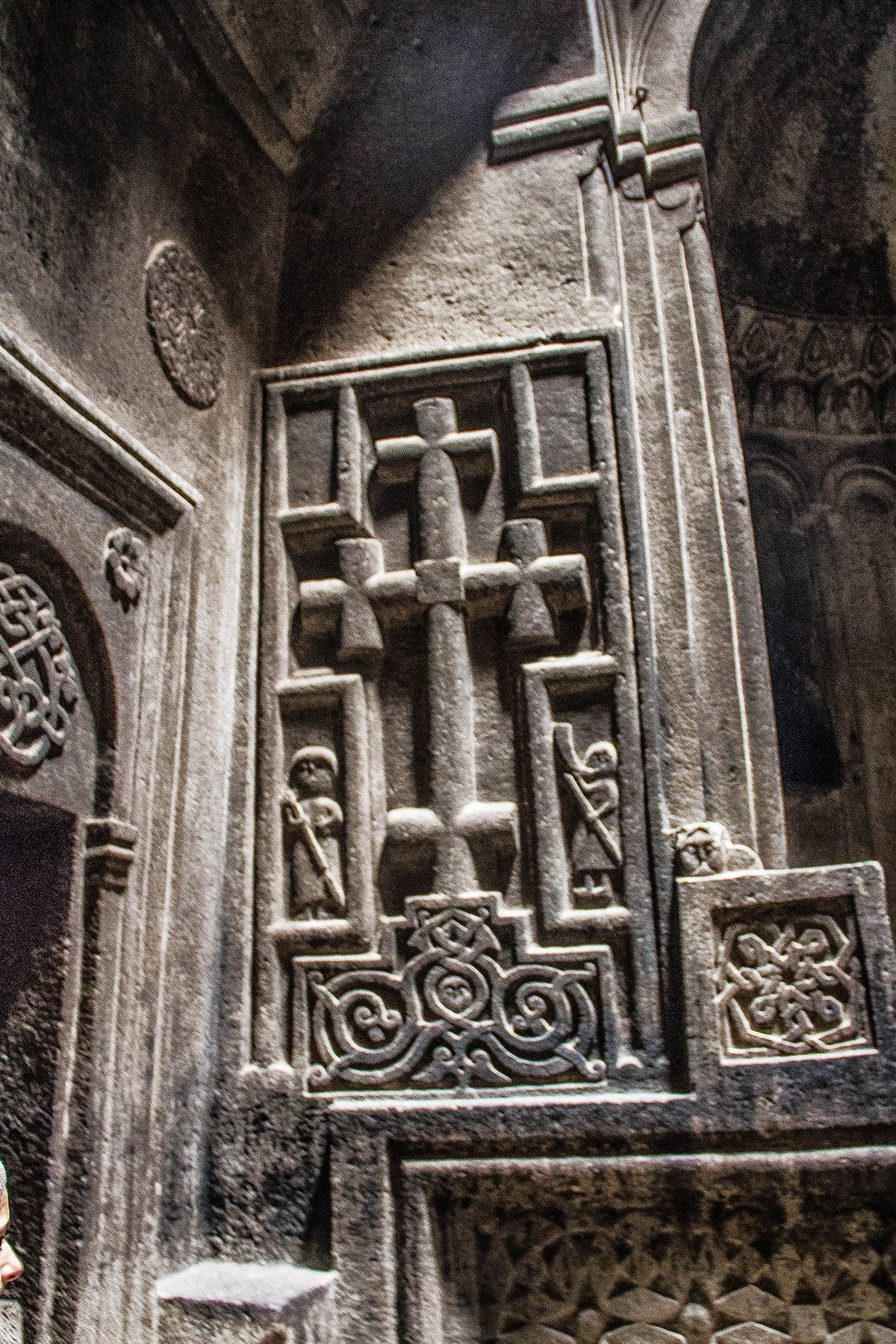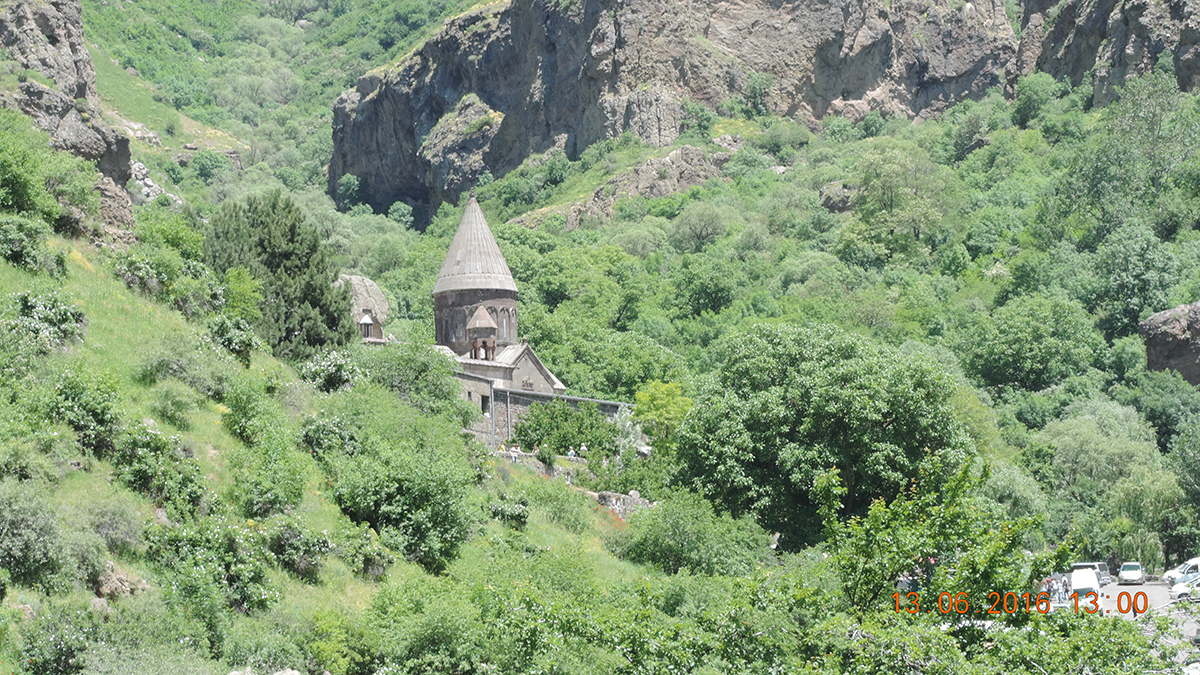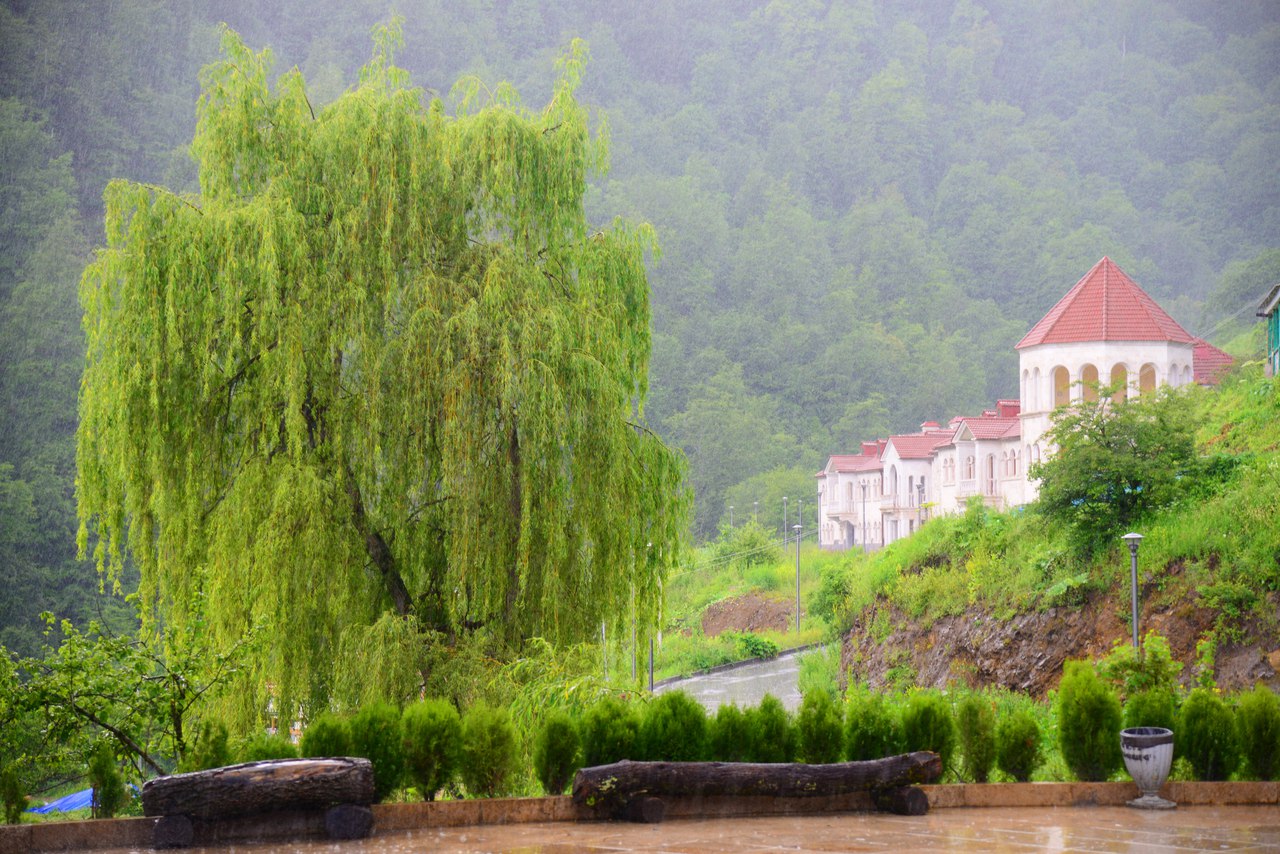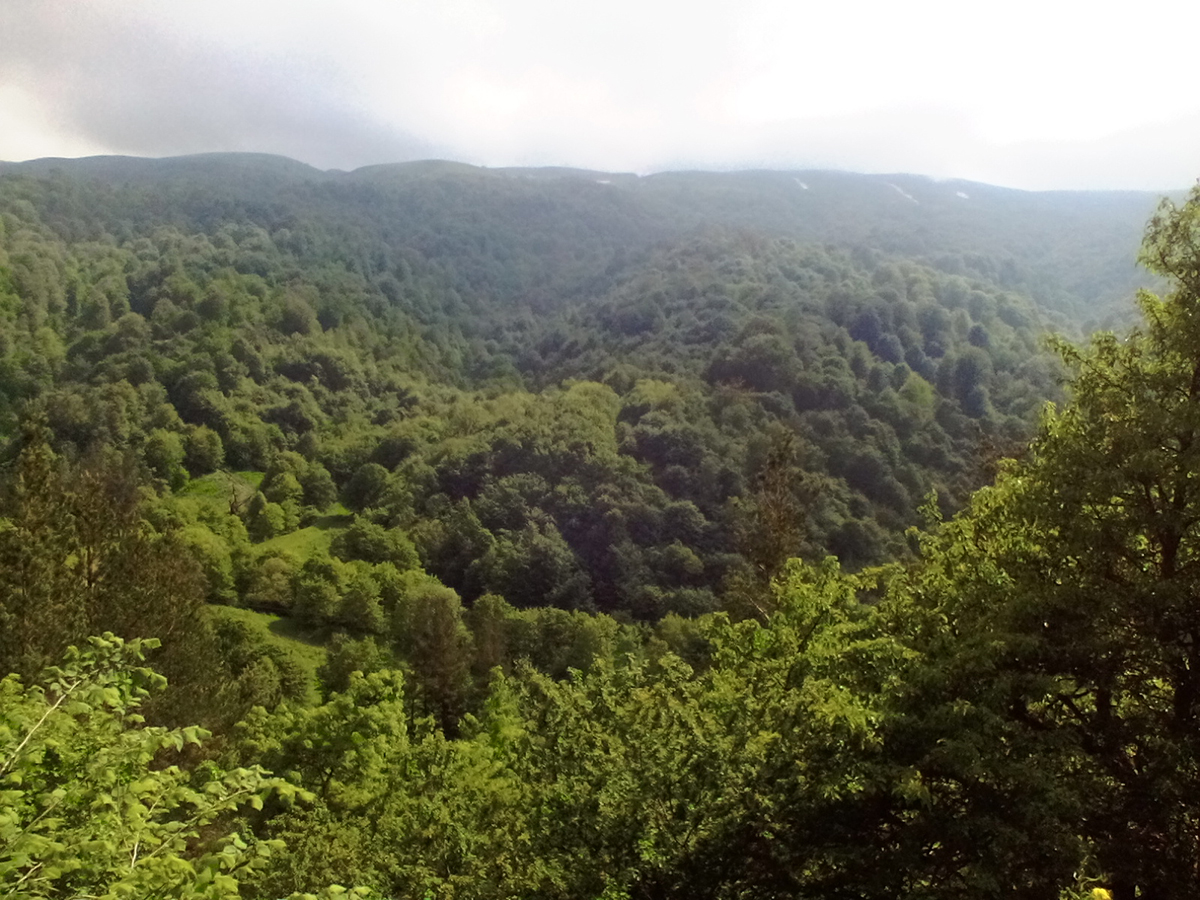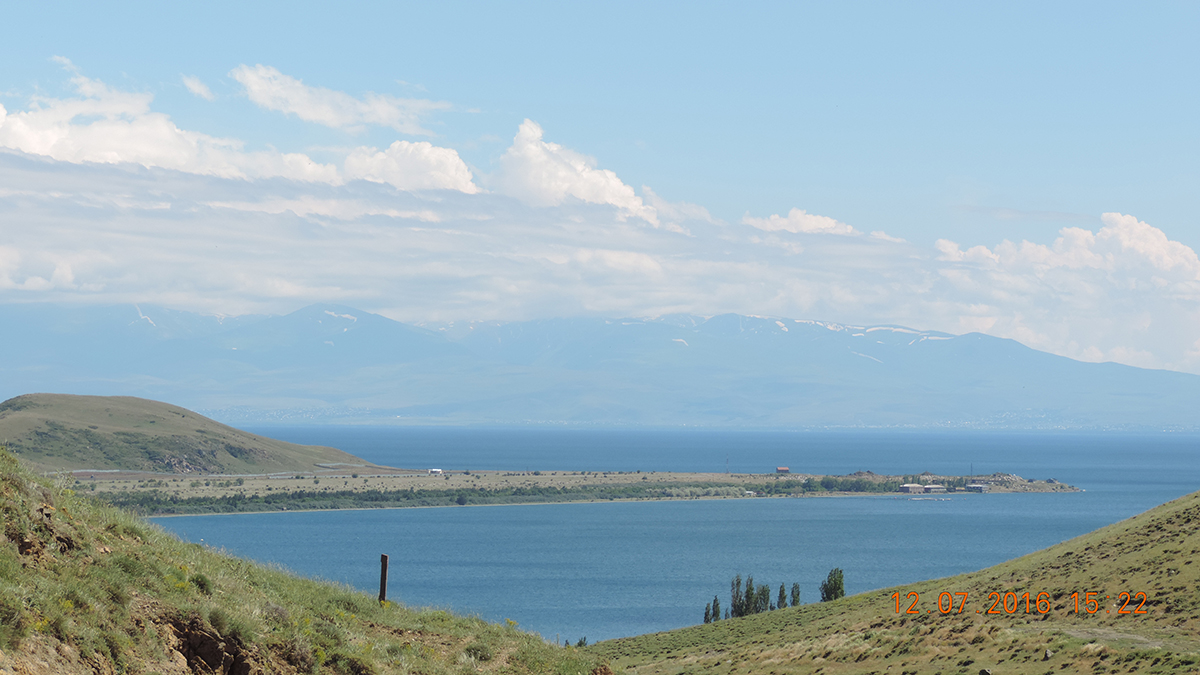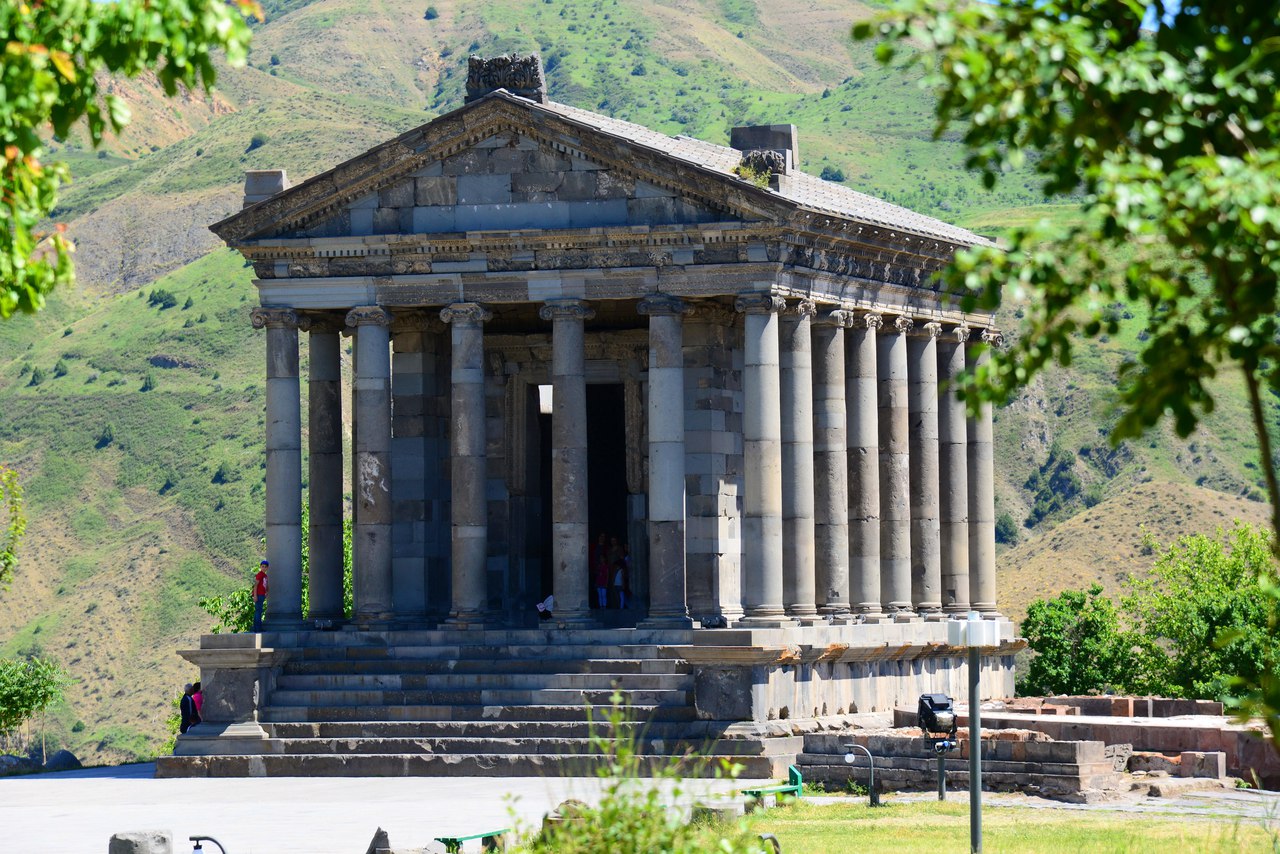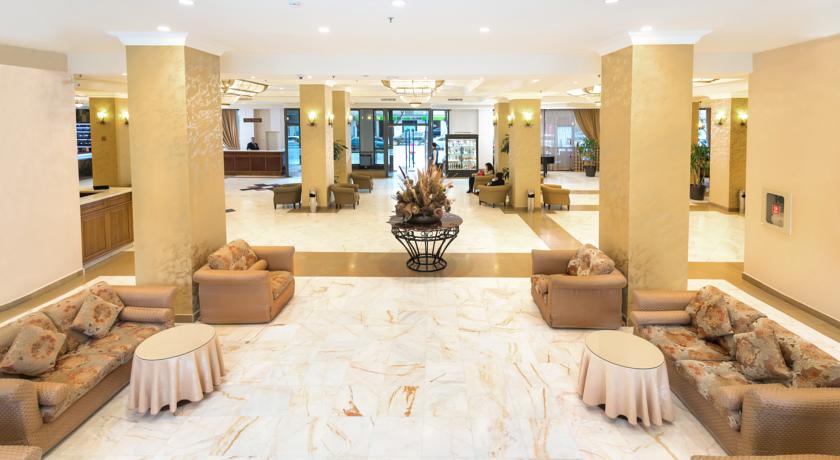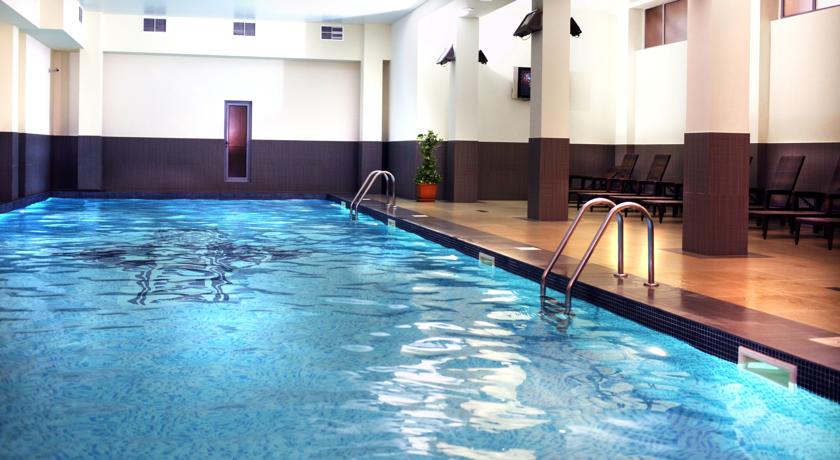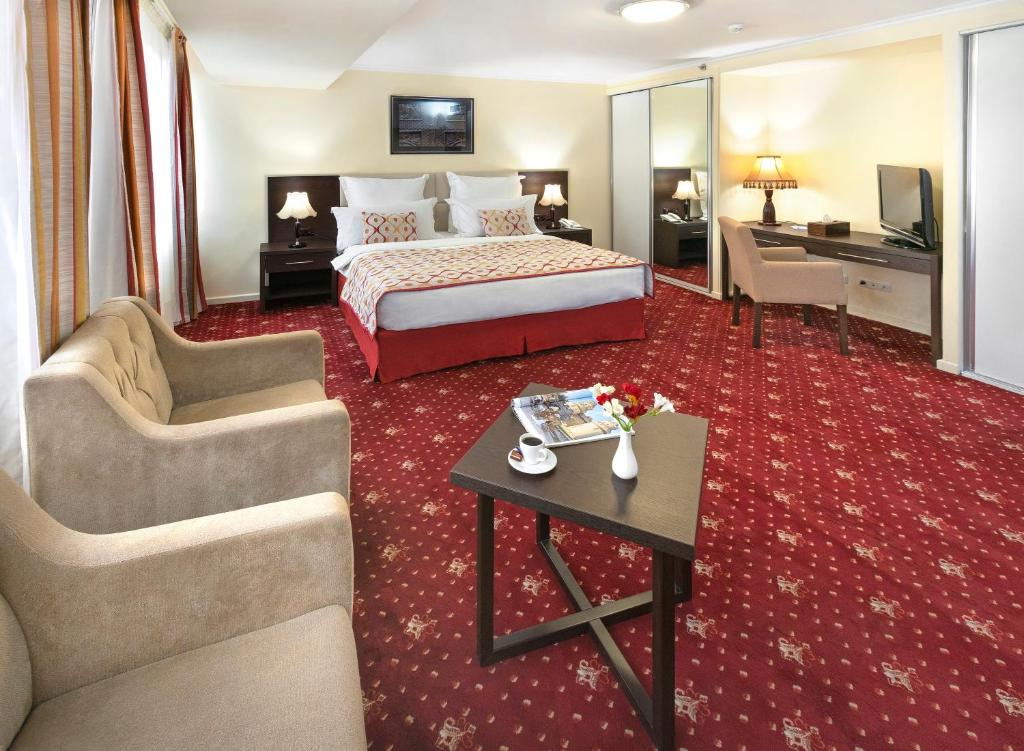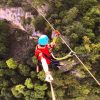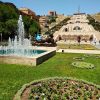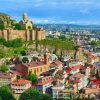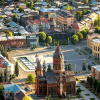ПОХОЖИЕ ТУРЫ
[:ru]
Discaver Armenia in 8 days / 7 nights
Free
–
–
Пройдите тест за 1 минуту и мы сообщим Вам стоимость Вашего тура!
–
–
–
Discaver Armenia in 8 days / 7 nights
Day 1
Meeting at the airport of Yerevan – Zvartnots
Transfer to the hotel (Yerevan)
Overnight in Yerevan.
Day 2
City tour in Yerevan
Visiting Victory Park –Monument Mother Armenia, Cascade, the Gafesjyan Center of Modern Art, the Opera and Ballet House building, Northern Avenue, Republic Square.
Overnight in Yerevan.
Day 3
Visiting Church Ripsime. The church of Saint Ripsime is located in Etchmiadzin city, 20 km from Yerevan. The church was built in 618, and is a masterpiece of the early Christian period.
Visiting Etchmiadzin. The Etchmiadzin Cathedral is 25 km from Yerevan. Etchmiadzin is the main cathedral of the Armenian Apostolic Church and the seat of the Highest Patriarch and Catholicos of all Armenians from 303 until present. From 2000, it comprises part of the UNESCO World Heritage.
The Etchmiadzin Cathedral is one of the most ancient churches in the world.
Visiting the museum of Etchmiadzin.
Visiting Zvartnots Cathedral. Zvartnots Cathedral is a 7th-century centrally planned aisled tetraconch type Armenian cathedral built by the order of Catholicos Nerses the Builder from 643-652. Now in ruins, it is located at the edge of the city of Vagharshapat (Etchmiadzin) in Armavir Province of Armenia.
Return to Yerevan
Overnight in Yerevan.
Day 4
Visiting the pagan temple of Garni. Garni is an ancient Armenian temple of the 1st century AD in Armenia. 35 km from Yerevan. The temple is located in the Kotayk region, in the valley of River Azat, near the village of Garni. Garni is the only surviving monument in Armenia which belongs to the pagan period. The temple was devoted to Mihr, the god of the sun. Near the temple are the ruins of the ancient fortress, royal palace and also bathhouse of the 3rd century.
Visiting Geghard Monastery. Geghard (which means – “a spear”) is also called Ayrivank, i.e. “a cave monastery”.
The monastery is a unique architectural construction in the Kotayk region of Armenia. It located 45 km south-east from Yerevan.
The monastery was founded in the 4th century on the place of a holy sources, which start in a cave. The founder of the monastery was St. Gregory the Illuminator. The first monastery was destroyed by the Arabs in the 9th century.
The existing ensemble belongs to the 12th-13th centuries.
Return to Yerevan
Overnight in Yerevan.
Day 5
Visiting Tsaghkadzor city.Tsaghkadzor is a spa town and a popular health resort in Armenia, located north of the capital Yerevan in the Kotayk Province.
Visiting Kecharis monastery. Kecharis is a medieval Armenian monastic complex dating back to the 11th to 13th centuries. Kecharis was founded by a Pahlavuni prince in the 11th century, and construction continued until the middle of the 13th century. In the 12th and 13th centuries, Kecharis was a major religious center of Armenia and a place of higher education. Today, the monastery has been fully restored and is clearly visible from the ski slopes.
Visiting Lake Sevan. Sevan is located in the Gegharkunik region at the height of 1900 meters above the sea level. 60 km from Yerevan. Sevan is the largest lake in the Caucasus. Its area is 1240 km². Lake Sevan has freshwater, and the colour of water is azure blue.
In 1978, the National Park of Sevan was created in the basin of Lake Sevan.
Visiting Sevanavank. The Church of Sevan, formerly a monastery, is situated on the peninsula of Sevan in the Gegharkunik region, about 5 km from the town of Sevan.
The Church of the Holy Virgin (Surb Astvatsatsin) and the church of the Holy Apostles (Surb Arakelots) were built in 874, They were built upon the order of Mariam, the daughter of King Ashot I.
Return to Yerevan
Overnight in Yerevan.
Day 6
Visiting Xor Virap monastery
Visiting Areni
Visiting Noravank
monastery
Overnight in Yerevan.
Day 7
Free day
Overnight in Yerevan.
Day 8
Transfer to the airport of Yerevan – Zvartnots
Пройдите тест за 1 минуту и мы сообщим Вам стоимость Вашего тура!
–
Discaver Armenia in 8 days / 7 nights
Free
-
Рекомендуем
-
Рекомендуем
-
Рекомендуем
-
Рекомендуем
Discaver Armenia in 8 days / 7 nights
Day 1
Meeting at the airport of Yerevan – Zvartnots
Transfer to the hotel (Yerevan)
Overnight in Yerevan.
Day 2
City tour in Yerevan
Visiting Victory Park –Monument Mother Armenia, Cascade, the Gafesjyan Center of Modern Art, the Opera and Ballet House building, Northern Avenue, Republic Square.
Overnight in Yerevan.
Day 3
Visiting Church Ripsime. The church of Saint Ripsime is located in Etchmiadzin city, 20 km from Yerevan. The church was built in 618, and is a masterpiece of the early Christian period.
Visiting Etchmiadzin. The Etchmiadzin Cathedral is 25 km from Yerevan. Etchmiadzin is the main cathedral of the Armenian Apostolic Church and the seat of the Highest Patriarch and Catholicos of all Armenians from 303 until present. From 2000, it comprises part of the UNESCO World Heritage.
The Etchmiadzin Cathedral is one of the most ancient churches in the world.
Visiting the museum of Etchmiadzin.
Visiting Zvartnots Cathedral. Zvartnots Cathedral is a 7th-century centrally planned aisled tetraconch type Armenian cathedral built by the order of Catholicos Nerses the Builder from 643-652. Now in ruins, it is located at the edge of the city of Vagharshapat (Etchmiadzin) in Armavir Province of Armenia.
Return to Yerevan
Overnight in Yerevan.
Day 4
Visiting the pagan temple of Garni. Garni is an ancient Armenian temple of the 1st century AD in Armenia. 35 km from Yerevan. The temple is located in the Kotayk region, in the valley of River Azat, near the village of Garni. Garni is the only surviving monument in Armenia which belongs to the pagan period. The temple was devoted to Mihr, the god of the sun. Near the temple are the ruins of the ancient fortress, royal palace and also bathhouse of the 3rd century.
Visiting Geghard Monastery. Geghard (which means – “a spear”) is also called Ayrivank, i.e. “a cave monastery”.
The monastery is a unique architectural construction in the Kotayk region of Armenia. It located 45 km south-east from Yerevan.
The monastery was founded in the 4th century on the place of a holy sources, which start in a cave. The founder of the monastery was St. Gregory the Illuminator. The first monastery was destroyed by the Arabs in the 9th century.
The existing ensemble belongs to the 12th-13th centuries.
Return to Yerevan
Overnight in Yerevan.
Day 5
Visiting Tsaghkadzor city.Tsaghkadzor is a spa town and a popular health resort in Armenia, located north of the capital Yerevan in the Kotayk Province.
Visiting Kecharis monastery. Kecharis is a medieval Armenian monastic complex dating back to the 11th to 13th centuries. Kecharis was founded by a Pahlavuni prince in the 11th century, and construction continued until the middle of the 13th century. In the 12th and 13th centuries, Kecharis was a major religious center of Armenia and a place of higher education. Today, the monastery has been fully restored and is clearly visible from the ski slopes.
Visiting Lake Sevan. Sevan is located in the Gegharkunik region at the height of 1900 meters above the sea level. 60 km from Yerevan. Sevan is the largest lake in the Caucasus. Its area is 1240 km². Lake Sevan has freshwater, and the colour of water is azure blue.
In 1978, the National Park of Sevan was created in the basin of Lake Sevan.
Visiting Sevanavank. The Church of Sevan, formerly a monastery, is situated on the peninsula of Sevan in the Gegharkunik region, about 5 km from the town of Sevan.
The Church of the Holy Virgin (Surb Astvatsatsin) and the church of the Holy Apostles (Surb Arakelots) were built in 874, They were built upon the order of Mariam, the daughter of King Ashot I.
Return to Yerevan
Overnight in Yerevan.
Day 6
Visiting Xor Virap monastery
Visiting Areni
Visiting Noravank
monastery
Overnight in Yerevan.
Day 7
Free day
Overnight in Yerevan.
Day 8
Transfer to the airport of Yerevan – Zvartnots
Book rating: 0 out of 5 with 0 ratings

 English
English

